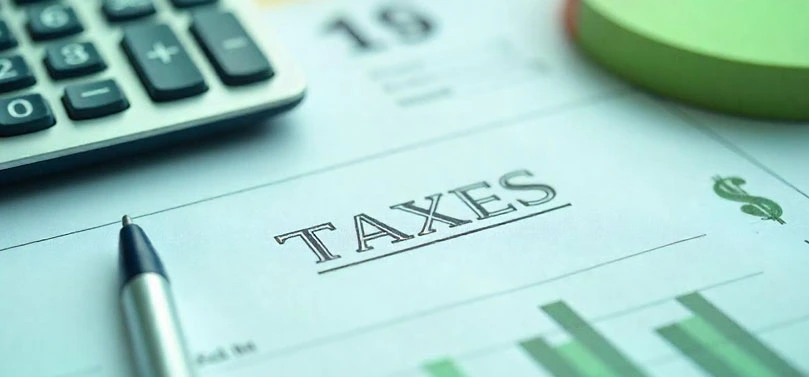Five years ago last month, Congress took a step toward reining in elements of a troubled financial system when it passed the Dodd-Frank Wall Street Reform and Consumer Protection Act. The move was touted as an end to the laissez-faire principles embodied in the repeal of Glass-Steagall, which had previously protected against many of the excesses the banking industry is now notorious for.
A Pew poll from earlier this year found that 63 percent of Americans said the US economic system is no more secure today than it was before the 2008 economic crisis. One explanation for this may have to do with inadequacies in the legislation. How can we continue to make things better? One answer can be found in the principles of Islamic finance.
Almost everyone remembers that high-risk loans, speculation, and leverage fueled the run-up to the Financial Crisis. As the financial sector began to collapse in mid-September 2008, the aggregate default and the trading of mortgage-backed securities (MBS) was a major liability. Banks bought and sold MBS products of all types, keeping some on their books but shifting most of the credit risk to bank trading partners. Although Dodd-Frank provides for securitizing banks to retain an economic interest in the credit risk of any asset transferred, sold, or conveyed to a third party, the amount is less than 10% and exemptions to this rule abound. Islamic finance expressly prohibits the buying and selling of debt and elevates lending (without interest) to be a charitable activity, incentivizing instead risk-taking ventures in partnership with customers in order to produce a tangible impact in communities.
At its core, the credit and housing market crisis was caused by a banking industry that issued loans at excessive interest rates to home buyers who ultimately defaulted. Families with adjustable-rate mortgages were left vulnerable to fluctuating interest rates. These unsound banking practices are still condoned by Dodd-Frank in various forms.
Islamic finance, which recognizes the consequences of charging a gain without sharing the risk, prohibits these practices due to the inherent inequity this arrangement causes between the parties. According to Islamic finance, riba, which is usually translated as “interest,” “usury,” or both, is considered a tool of oppression, as it exploits the needy by unjustly taking their money and enabling those who receive it to illicitly hoard wealth. Over time, the effects of riba take a toll on society, limiting upward mobility and creating an entrenched financial elite.
The principles of Islamic finance are steered by the need for justice and fairness in financial arrangements. Dodd-Frank was an attempt to move us closer to correcting the excesses of a banking sector still desperately in need of structure, or at the very least a conscience. There’s something to be said for the stability brought by a system centered on justice. Until we have a banking system that more fully participates in a partnership with customers—instead of treating them like nameless, faceless numbers on a spreadsheet—we distance ourselves from the ideals of a just society.
Finally, one of the biggest reasons we still sit on the precipice of crisis five years after Dodd-Frank is that many of its components still need to be written. Doubtless, this has created an environment of uncertainty and timidity in the banking industry. Politicians talk about making lasting reforms but have yet to follow through. This regulatory limbo cannot abide.
Talk is cheap. Dodd-Frank can be better, and the principles of Islamic finance can help.


